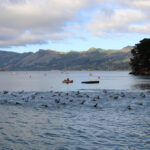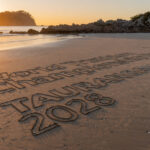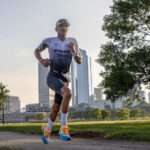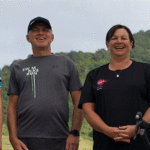Triathlon New Zealand Statement
Auckland (December 18, 2024) – CEO Pete de Wet insists Triathlon New Zealand has not “fared too badly overall” despite a 17.25 percent reduction in programme funding from High Performance Sport New Zealand (HPSNZ) for the next Olympic and Paralympic Games cycle.
Tri NZ will receive $850,000 annually from the HPSNZ Direct Core Investment programme across the next four years to prepare for the Los Angeles 2028 Olympics and Paralympics – a decrease of $177,000 per annum from the 2024 cycle where Hayden Wilde upgraded his Tokyo bronze to a Paris silver.
While “naturally disappointed”, de Wet said an annual $132,000 increase in funding directly to athletes via HPSNZ’s TAPS (Tailored Athlete Pathway Support) fund helped mitigate the wider campaign loss.
That represents a 67 percent increase in direct athlete funding with Tri NZ’s five Tier 1 athletes set to have their annual TAPS grants boosted from $32,500 to $50,000, while the three Tier 2 athletes will go from $11,000 to $25,000 annually.
READ: HPSNZ announce more than $160 million direct investment into HP sport
MORE: Breakdown of investment by sport
De Wet noted that Tri NZ were not the only National Sporting Organisation (NSO) to have their programme funding cut and were better off than many higher profile NSOs due to the TAPS increase. He acknowledged the “difficult decisions” forced on HPSNZ by nationwide austerity measures.
“HPSNZ were required to find savings across the board, but we haven’t fared too badly overall when you consider the increase in TAPS funding. It’s swings and roundabouts,” de Wet said.
“Our Tier 1s will see a combined 53 percent increase, and our Tier 2s are a combined 127 percent up on the last cycle, so there’s more money in our athletes’ back pockets which is no bad thing.”
Travis White, Tri NZ General Manager of Performance, said Wednesday’s announcement was a line in the sand from which the national governing body could tweak its plans and budgets for LA ’28.
Wilde will dip in and out of the World Triathlon short course circuit over the next two years to “refresh” in the sport’s lucrative middle distance leagues, the T100 Triathlon World Tour and Ironman Pro Series. However, the Andorra-based, Whakatane 27-year-old is fully committed to an Olympic campaign return once the LA qualification window opens in May 2026.
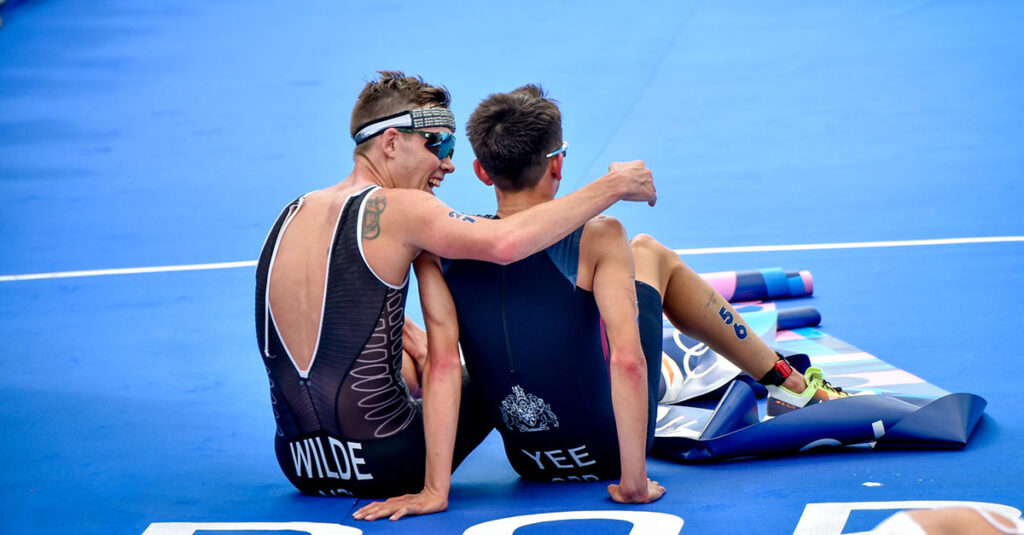
In the meantime, Tri NZ will continue to focus on building strength in depth across its wider High Performance Squad.
“With a reduction in funding comes an opportunity to put everything under the microscope and focus support on what’s important and what’s going to move the dial, what’s going to impact performance ultimately in four years’ time in LA,” White said.
“And that’s working towards individual women’s, men’s and mixed relay all being Olympic medal events for us.”
White acknowledged Tri NZ has work to do in the Mixed Relay space after 12th and 14th places at the Tokyo and Paris Olympics respectively. There was a mitigating factor in Paris after a fall on the bike for pace-setting lead-out man Wilde, costing Team NZL any chance of a medal.
The Team NZL quartet of Wilde, Nicole van der Kaay, Dylan McCullough and Ainsley Thorpe eventually finished ahead of only Austria in Paris, disappointing after medalling at the World Triathlon Relay Championships in Hamburg in 2023 and 2024, the latter just weeks before the XXXIII Olympics.
“The mixed relay is an important avenue to get your quota spots for the Olympics. However, the translation between World Series, World Championships and the Olympic mixed relay is not a linear progression,” White continued.
“Athletes are expected to be world class in all formats of racing, from super sprint, to sprint and Olympic distance racing. The order of the mixed relay will also likely change back to what it was previously, with women going first so that’s an additional consideration around the makeup of our team and our strategy to support the qualification and performance of the team in LA.”
Like de Wet, White said the reduction in campaign funding was not unexpected in the current financial climate.
“It’s not unexpected and it’s also not the end of the world,” White said.
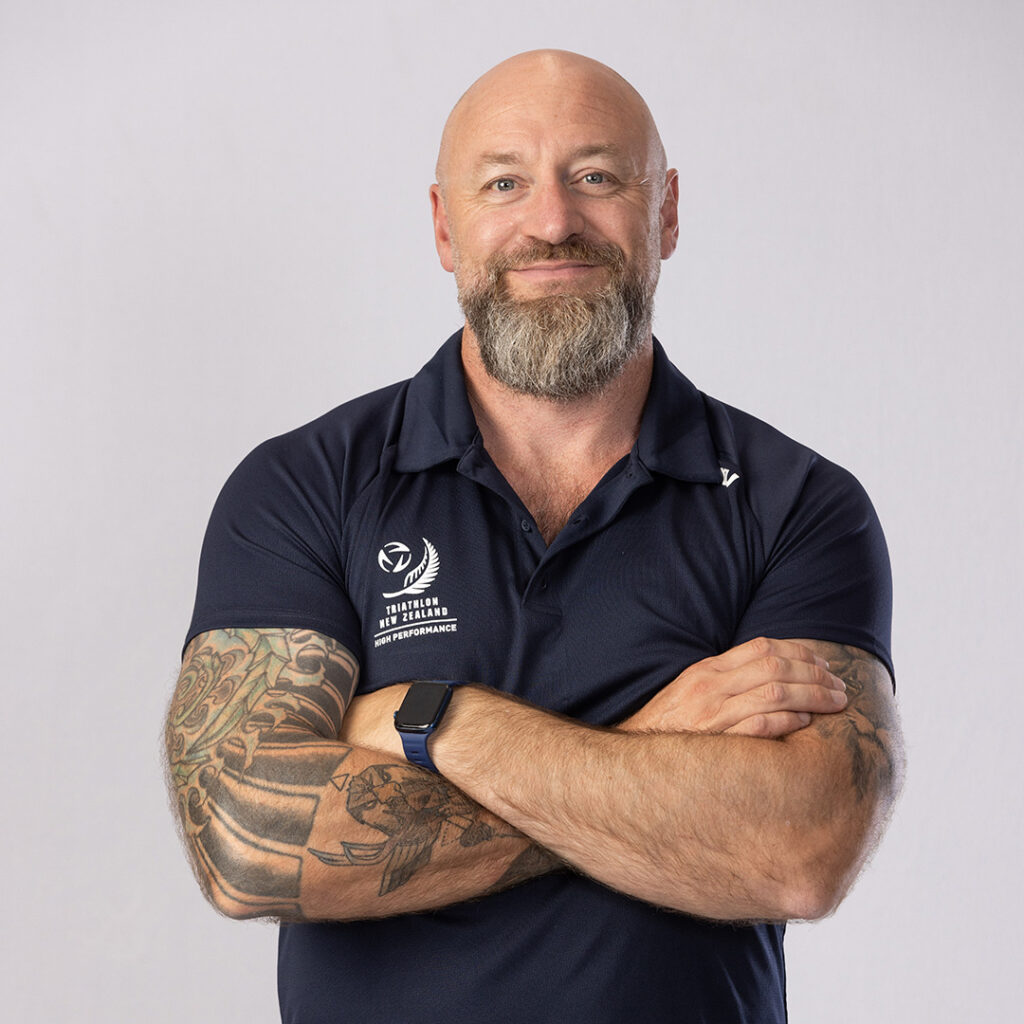
“We can still support the fundamentals of the programme around athletes continuing to get better, supporting the daily training environment, supporting their coaching and providing support at the right events.”
Asked if there would be a rethink on events TAPS athletes raced over the next two years and then during the official two year qualification period, White said: “There will be a refocus on what events we support and how they are supported.”
“Ultimately, athletes are free to choose which events they participate in, provided they meet eligibility requirements to participate in that event and are part of ther agreed campaign plan.
“We’re constantly reviewing which events we support as a programme. For example, are we going to continue with the status quo around supporting the mixed relay events or is it better spent lower down in the pathway?
“To be fair, that’s part of any new Olympics cycle planning anyway. Now we know our investment level, we can review our plan, get that strategic work ticked off and crack on with our campaign for LA 2028.”

